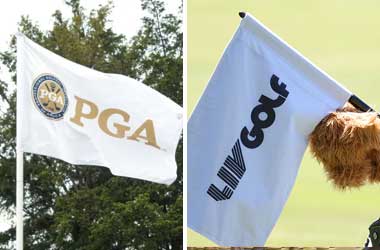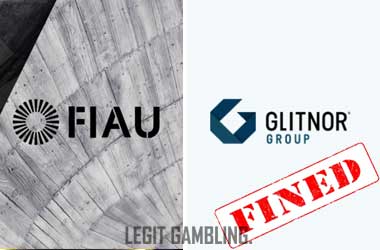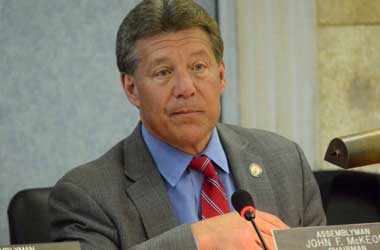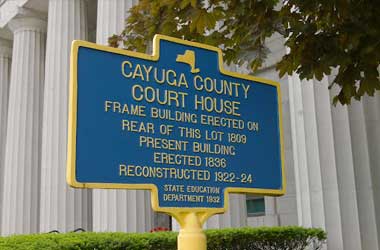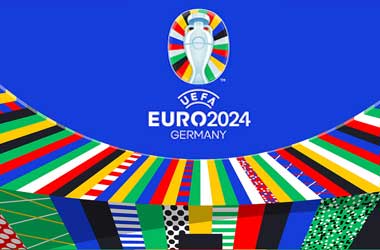 The Belgian Gaming Commission (BGC) has been pressuring video game lootbox makers since it recently decided that lootboxes are a form of gambling. They have just released a report on which video game lootboxes they consider gambling and made its gaming laws concerning lootboxes are lot more clearer.
The Belgian Gaming Commission (BGC) has been pressuring video game lootbox makers since it recently decided that lootboxes are a form of gambling. They have just released a report on which video game lootboxes they consider gambling and made its gaming laws concerning lootboxes are lot more clearer.
Lootboxes are very popular in Belgium and lootbox makers who do not comply with the new gaming regulations may soon face criminal cases in Belgium.
This includes some of the biggest names in the gaming industry such as Electronic Arts (EA), Activision, Valve, and Blizzard.
The lootbox strategy has exploded in recent years and Belgium has been one of the countries that has seen a massive explosion. This is one of the latest methods that companies use to monetize their online games. It works by allowing players to purchase lootboxes by either in-game or real-world currency. They have random features which encourage players to keep on buying. Some gaming analysts consider this compulsion to buy lootboxes to be similar to gambling as players are enticed keep on buying to accumulate rewards.
Belgium has decided to crack down on the lootbox practice since it blurs the line between gaming and gambling. This approach has also been followed by the Netherlands.
IGN News
Right now, the lootboxes features in popular titles like Overwatch and FIFA 18 are borderline to the BGC’s definition of gambling. Under Belgian law, a game is considered gambling if it requires payment from a player that can either result in a loss or win for at least one person and if it is combined with random chance to decide how the game goes, the winner, or even how much they win.
BGC Clears The Air On Lootboxes
According to the BGC report on lootboxes, the buying of lootboxes meets this requirement. Additionally, the BGC finds that the entire operation of how lootboxes are bought and used can lead to the manipulation of those buying.
The BGC has made a few recommendations to curb manipulative practices in lootbox selling. First, the BGC thinks that spending limits should be placed on lootbox buying. Next, there should also be age-verification methods so that children would not be allowed to buy.
Because of their young age, they are rather susceptible to the lootbox approach. Another approach that BGC recommends that players should know about the odds of winning. The report also suggested that lootbox makers should clearly indicate to buyers that the lootboxes are technically gambling and the results are completely random.
Belgian Minister of Justice Koen Geens plans to open a dialogue between the three parties involved: the developers, the BGC, and the local distributors. It is hoped that matters are cleared up before any potential prosecution.

 United States
United States United Kingdom
United Kingdom